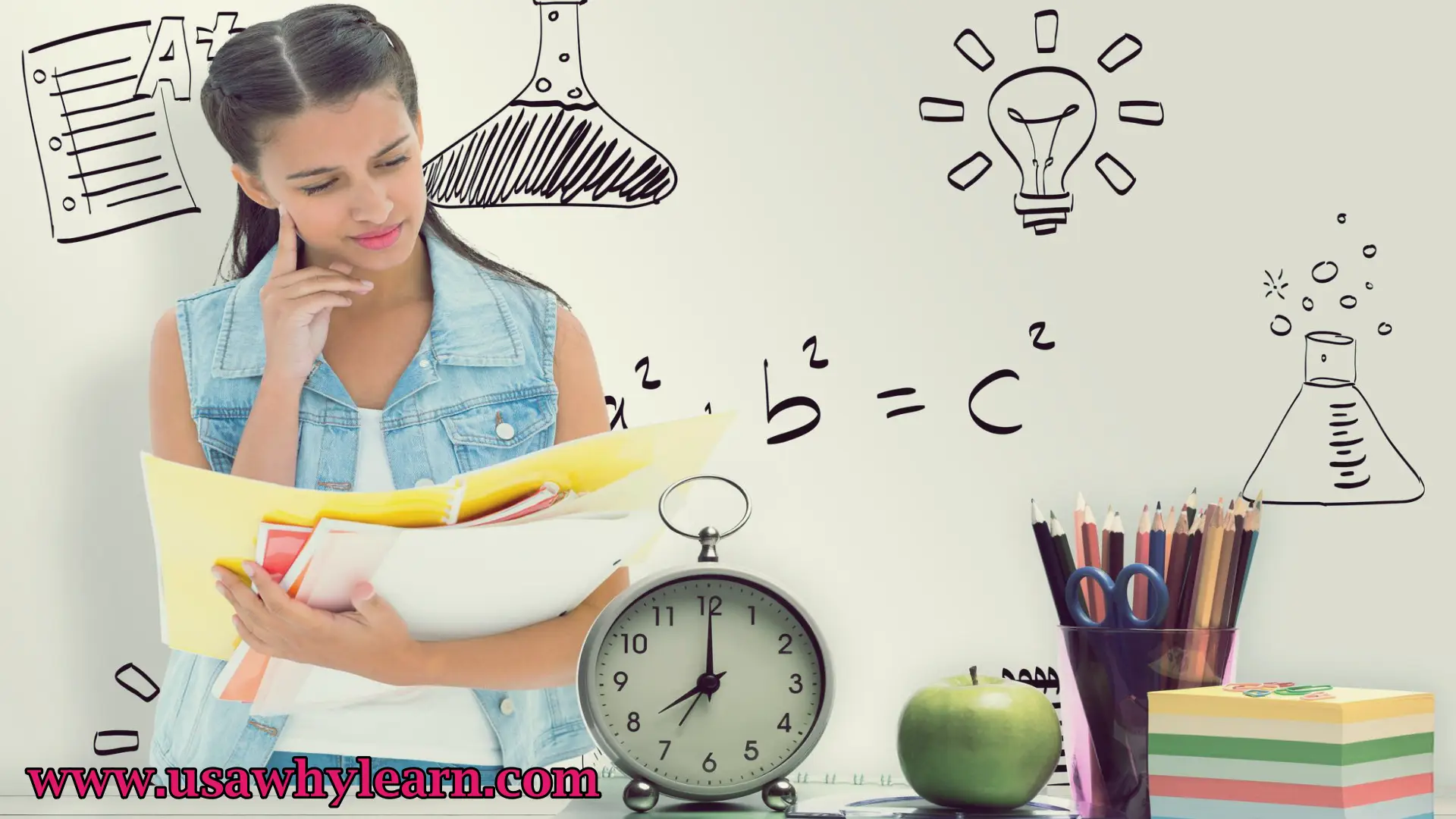Effective study methods are essential for achieving academic success. By employing the right strategies and techniques, students can optimize their learning experience and retain information more efficiently. From time management skills to active learning strategies, developing good study habits early on can make a significant difference in academic performance. Through effective study methods, students can enhance their comprehension, retention, and overall success in their educational endeavors.
Studying is an integral part of the learning process, but not all study methods are created equal. The effectiveness of your study sessions can significantly impact your academic performance and overall understanding of the material. In this section, we will explore why choosing the right study methods is crucial and how they can enhance your learning experience.
Introduction to Study Methods
Studying effectively is crucial for academic success. Understanding and implementing various study methods can make learning more efficient and enjoyable. This article explores a range of study techniques to help you find the best approach for your learning style.
Active Learning Strategies
Active learning involves engaging with the material actively rather than passively reading or listening. This method enhances understanding and retention.
The Benefits of Active Learning
Active learning promotes critical thinking, increases retention, and makes learning more interactive and enjoyable.
Examples of Active Learning Techniques
Group Discussions
Participating in group discussions allows you to exchange ideas and deepen your understanding of the subject.
Practice Tests
Taking practice tests helps you identify areas of weakness and reinforces your knowledge through repetition.
Teaching Others
Explaining concepts to others is one of the best ways to solidify your understanding.
Visual Learning Techniques
Visual learning involves using images, diagrams, and charts to understand and remember information.
Why Visual Learning is Effective
Visual aids can make complex information more accessible and easier to recall.
Using Diagrams and Charts
Diagrams and charts simplify information and highlight relationships between concepts.
Creating Mind Maps
Mind maps organize information visually, showing connections between ideas and aiding memory.
The Role of Color-Coding
Color-coding notes can help categorize information and make studying more engaging.
Auditory Learning Techniques
Auditory learning focuses on using listening skills to absorb information.
The Power of Listening
Listening to information can be a powerful way to learn, especially for auditory learners.
Utilizing Audio Recordings and Podcasts
Listening to lectures, audiobooks, and educational podcasts can reinforce learning.
Engaging in Group Studies and Discussions
Discussing topics in study groups can help auditory learners process and retain information.
Reading and Writing Techniques
These techniques involve traditional methods of learning through reading and writing.
Effective Note-Taking Strategies
Taking organized and comprehensive notes helps in understanding and revisiting material.
Summarizing Information in Your Own Words
Rewriting information in your own words ensures that you have understood the material.
The SQ3R Method (Survey, Question, Read, Recite, Review)
This method enhances comprehension and retention by breaking down the reading process into manageable steps.
Kinesthetic Learning Techniques
Kinesthetic learners benefit from hands-on activities and movement.
Understanding Kinesthetic Learners
Kinesthetic learners need to engage physically with the material to learn effectively.
Hands-On Learning Activities
Activities like building models, conducting experiments, or drawing diagrams can help kinesthetic learners understand and retain information.
Using Physical Movement to Enhance Memory
Incorporating movement, such as walking while studying, can improve focus and memory for kinesthetic learners.
Time Management and Organization
Effective study habits require good time management and organizational skills.
Creating a Study Schedule
A structured study schedule helps manage time effectively and ensures consistent study habits.
Prioritizing Tasks and Setting Goals
Prioritizing tasks and setting realistic goals can improve productivity and focus.
Avoiding Procrastination
Breaking tasks into smaller, manageable parts can help prevent procrastination.
Technology and Study Apps
Technology can enhance studying by providing access to various educational tools and resources.

Utilizing Educational Technology
Online resources, educational platforms, and digital tools can complement traditional study methods.
Recommended Study Apps and Tools
Flashcard Apps
Flashcard apps like Anki or Quizlet help with memorization and review.
Note-Taking Apps
Apps like Evernote or OneNote organize notes and keep them accessible.
Time Management Apps
Apps like Trello or Todoist help manage tasks and maintain a study schedule.
Creating a Productive Study Environment
A conducive study environment can significantly impact learning efficiency.
Finding the Right Study Space
Choose a quiet, well-lit area free from distractions for optimal studying.
Minimizing Distractions
Eliminating distractions, such as noise or electronic devices, helps maintain focus.
Organizing Study Materials
Keeping study materials organized and easily accessible saves time and reduces stress.
Healthy Study Habits
Maintaining healthy study habits is essential for long-term academic success.
The Importance of Breaks
Regular breaks prevent burnout and keep the mind fresh.
Maintaining Physical and Mental Health
Balancing study with physical activity and relaxation supports overall well-being.
Getting Enough Sleep and Exercise
Adequate sleep and regular exercise are crucial for cognitive function and memory.
Exam Preparation Strategies
Effective exam preparation can reduce stress and improve performance.
Reviewing and Revising Content
Regular review and revision help reinforce knowledge and identify gaps.
Practice Exams and Past Papers
Practice exams simulate test conditions and help familiarize with exam formats.
Stress Management Techniques
Techniques such as deep breathing, meditation, or mindfulness can help manage exam-related stress.
Conclusion
Effective study methods vary for each individual. Experimenting with different techniques can help you discover what works best for you. Remember, consistency and a positive attitude towards learning are key to academic success. Happy studying!





